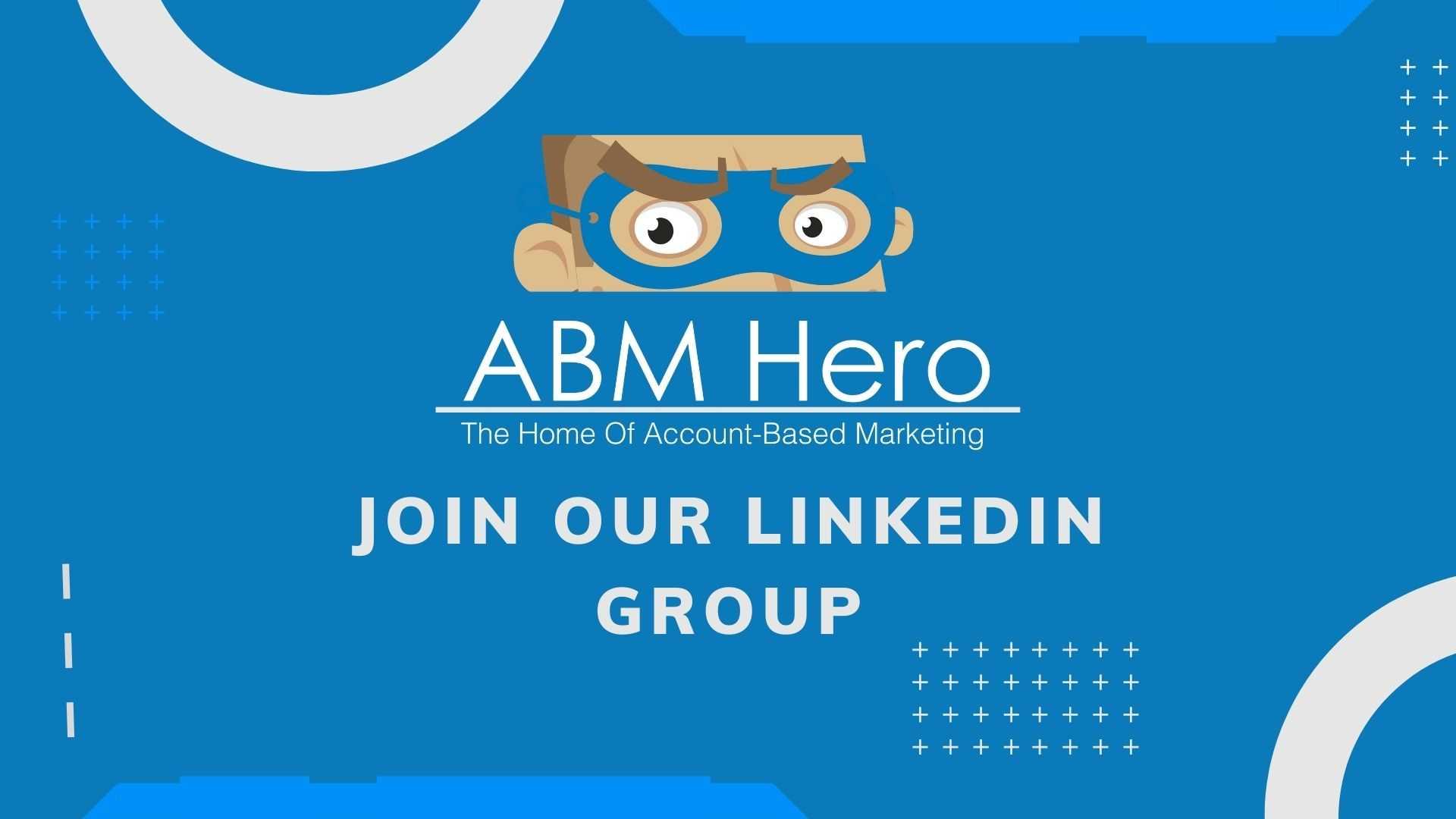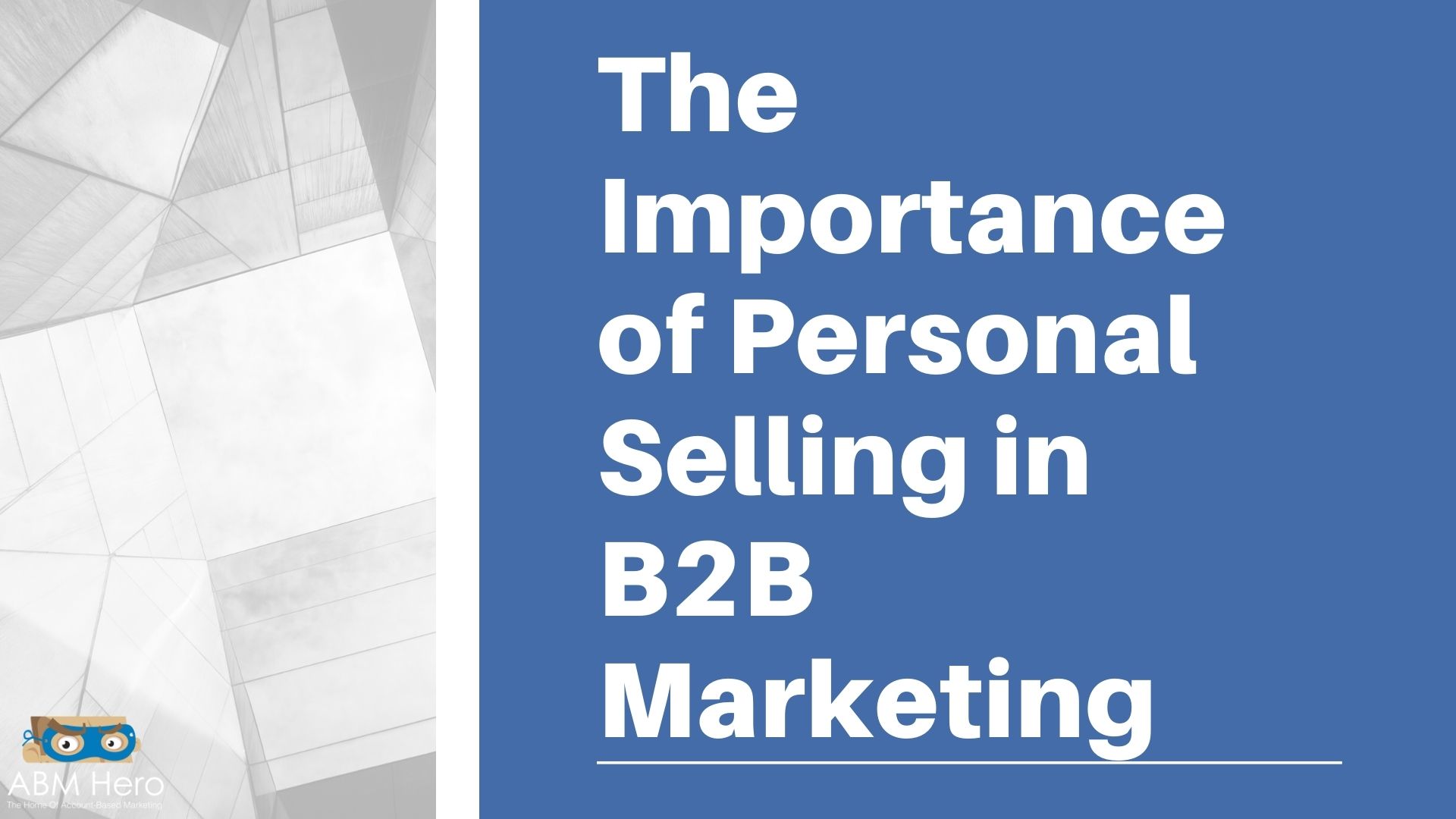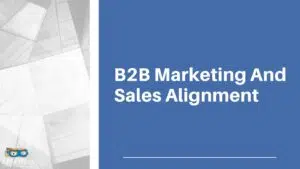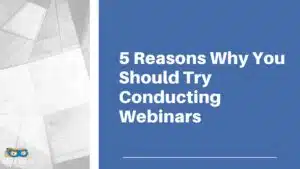Most businesses today are familiar with the basic tenets of B2B marketing. However, personal selling is often overlooked as a key component of successful B2B sales campaigns. Personalized approaches that focus on understanding the needs of businesses, rather than individual clients, are crucial. Building relationships through effective communication and personal interactions fosters trust and long-term connections with clients, making personal selling indispensable.
In this article, we will share our insights on why personal selling remains an essential spice in B2B marketing.
What is Personal Selling?
Personal selling is the process of creating and maintaining relationships with customers to sell products or services. It is usually done through face-to-face interactions, although other methods such as telemarketing or email can also be effective. In the context of business to business sales, personal selling is particularly significant as it involves direct interaction and relationship-building, which are crucial for various sales strategies.
It involves creating a rapport with the customer, understanding their needs, and then recommending a solution that meets those needs. Personal selling can be an effective way to boost sales and grow a business.
The personal selling process involves four key steps: prospecting, pre-approach, approach, and follow-up
Definition of Personal Selling
Personal selling is a sales approach that involves direct, face-to-face interaction between a salesperson and a potential customer. This method is highly personalized and focuses on building strong relationships, understanding the specific needs of the customer, and providing tailored solutions that address those needs. In the realm of business-to-business (B2B) marketing, personal selling is particularly crucial as it allows for a deeper connection and a more detailed understanding of complex products or services. While personal selling is predominantly used in B2B contexts, it can also be effective in business-to-consumer (B2C) organizations, where the personal touch can significantly enhance customer engagement and satisfaction.
Steps in Personal Selling
The personal selling process involves four key steps: prospecting, pre-approach, approach, and follow-up.
Prospecting
Prospecting is the first step in the personal selling process and involves identifying potential customers. It is through diverse sources, such as market research, referrals, or lists of leads. The personal selling process explained includes key steps such as prospecting, presentation, and follow-up, which are crucial for developing a successful sales strategy.
Once potential customers have been identified, the salesperson can then move on to the pre-approach stage.
Pre-Approach
The pre-approach stage is when the salesperson begins to gather information about the potential customer through direct communication. This information is used to tailor the sales pitch to the customer’s needs and interests, increasing the likelihood of a successful sale.
B2B marketers use software to expedite customer research in personal selling. This software allows marketers to collect and organize data about potential customers, including their contact information, purchasing history, and product preferences.
Approach
The approach stage of personal selling is when the salesperson first associates with the potential customer. The goal of this stage is to establish rapport with the customer and to begin building a relationship.

Once established, the salesperson will assess the customer’s needs. It is through needs analysis, which involves asking questions and listening to the customer’s responses. Personal selling examples, such as a real estate agent understanding a buyer’s preferences through detailed conversations, illustrate the importance of this stage.
The needs analysis will help the salesperson identify the customer’s pain points and determine what product or service can best address those needs.
Follow-up
The follow-up stage in personal selling is a significant part of the sales process. It is where the salesperson follows up with the customer after the initial contact has been made. At this moment, the salesperson will try to build the relationship that has been established and continue to sell the product or service. Also, it is the stage where the salesperson will provide any additional information that the customer may need.
When sending a follow-up message to a potential customer, there are always a few necessary things to keep in mind.
First, make sure to personalize the message and address the customer by name. Second, keep the message short and on point, reiterating your key points and highlighting the value of your product or service.
Lastly, don’t miss to include a call to action, such as inviting the customer to schedule a meeting or call so they know what the next step is. By following these simple tips, you can ensure that your follow-up message is effective and professional.
Why Personal Selling is Important in B2B Marketing?
Personal selling is through face-to-face communication with potential customers with the goal of selling a product or service. There are some notable reasons why personal selling is such a vital component of B2B marketing
First and foremost, personal selling allows a direct and personalized interaction between the company and potential customers. It is momentous as it allows a more detailed explanation of the product or service offered. Not to mention, an individualized approach to customer service.
It is a vital component of successful B2B marketing because it allows businesses to build relationships with potential customers, understand their specific needs, and tailor their products or services to meet those needs.
Furhermore, personal selling often leads to more repeat business and higher customer satisfaction rates, which are predominant for any business. It allows businesses to establish themselves as experts and build trust with potential customers. When used in conjunction with other marketing strategies, personal selling can be a powerful tool for business success.
Assuredly, personal selling can be a very effective way to build relationships with potential customers, which can pay off in a number of ways down the road.
Any successful business needs a sales team that can go out and get the deals done. But in the world of business-to-business (B2B) marketing, personal selling is particulary vital. Why? In B2B, complex products and services are often sold to other businesses, which may not be as familiar with the product or service.
That’s where a good salesperson can make a difference, by taking the time to educate potential customers about what the product or service can do for them and working out a mutually beneficial deal.
Personal Selling Strategies in B2B Marketing
Personal selling is a cornerstone of B2B marketing, enabling sales reps to forge meaningful relationships with potential customers and gain a thorough understanding of their needs. Here are some effective personal selling strategies that can enhance your B2B marketing efforts:
Building Relationships and Trust
Building relationships and trust is the bedrock of successful personal selling. Sales reps should prioritize establishing a personal connection with potential customers, which involves more than just a transactional interaction. This can be achieved through effective communication, active listening, and demonstrating genuine empathy. By understanding the customer’s unique challenges and goals, sales reps can offer solutions that are truly beneficial, thereby fostering trust and long-term loyalty.
Focusing on End Benefits
Another key personal selling strategy is to focus on the end benefits of your product or service. Instead of merely listing features, sales reps should highlight how these features translate into tangible benefits for the customer. This approach helps potential customers see the value proposition more clearly and understand how the product or service can solve their specific problems or improve their operations. By emphasizing the end benefits, sales reps can make a more compelling case for why the customer should choose their offering.
Effective Communication
Effective communication is essential in the personal selling process. Sales reps must be able to articulate their message clearly and concisely, whether in person, over the phone, or in writing. This includes not only presenting information but also actively listening to the customer’s concerns and objections. By addressing these issues thoughtfully and providing relevant solutions, sales reps can build credibility and trust. Additionally, clear communication helps ensure that both parties are on the same page, reducing misunderstandings and paving the way for a successful sale.
By incorporating these personal selling strategies into their sales process, B2B marketers can build strong relationships with potential customers, increase customer satisfaction, and ultimately drive sales.
Common Problems
Sales representatives play a major role in the business-to-business (B2B) marketing. They are the link between the buyer and the seller, and they are responsible for developing relationships with customers, understanding their needs, and ultimately closing deals.
Despite its importance, some companies choose to ignore it altogether. There are a few reasons why this might be the case.
First, personal selling can be expensive. Hiring sales representatives and providing them with training and resources costs money.
Besides, personal selling requires time and effort. It can take months or even years to develop relationships with customers and build trust.
Yet, some companies don’t see the value in personal selling. They may believe that other marketing channels, such as paid advertising will give them instant results.
Advantages of Personal Selling
There are several advantages of personal selling in B2B marketing. First, personal selling allows an exclusive relationship between the seller and the buyer.
It can lead to better communication and understanding between the two parties and is beneficial for both parties involved.
It can lead to repeat business and referrals, as customers are more likely to be satisfied with their purchase if they have a personal relationship with the seller.
Similarly, personal selling can be a more efficient use of time and resources for both the seller and the buyer, as it eliminates the need for middlemen or intermediaries.
Disadvantages of Personal Selling
There are several disadvantages associated with personal selling in B2B marketing. First, it can be a very costly endeavor, as it requires a sales force to be deployed and maintained.
It can be time-consuming, as it requires face-to-face interaction with potential customers.
It can be challengeing to reach a large number of potential customers in a short period of time.
And, it is quite complex, as it requires detailed knowledge of the products or services offered, as well as the needs and wants of potential customers
Important Things to Know in Personal Selling
There are things you need to know to perform personal selling effectively.
- Understand the needs and wants of your potential customers.
- Build rapport and trust with potential customers.
- Be knowledgeable about your product or service.
- Communicate the features and benefits of your product or service. Lastly, you need to be able to close on a sale or deal.
In conclusion, personal selling is a vital part of any successful B2B marketing campaign. By taking the time to get to know your target market and tailoring your sales pitch to meet their specific needs, you can dramatically increase your chances of making a sale.
In a world where businesses are constantly competing for attention, it can give you the edge you need to stand out from the crowd and close more deals.
